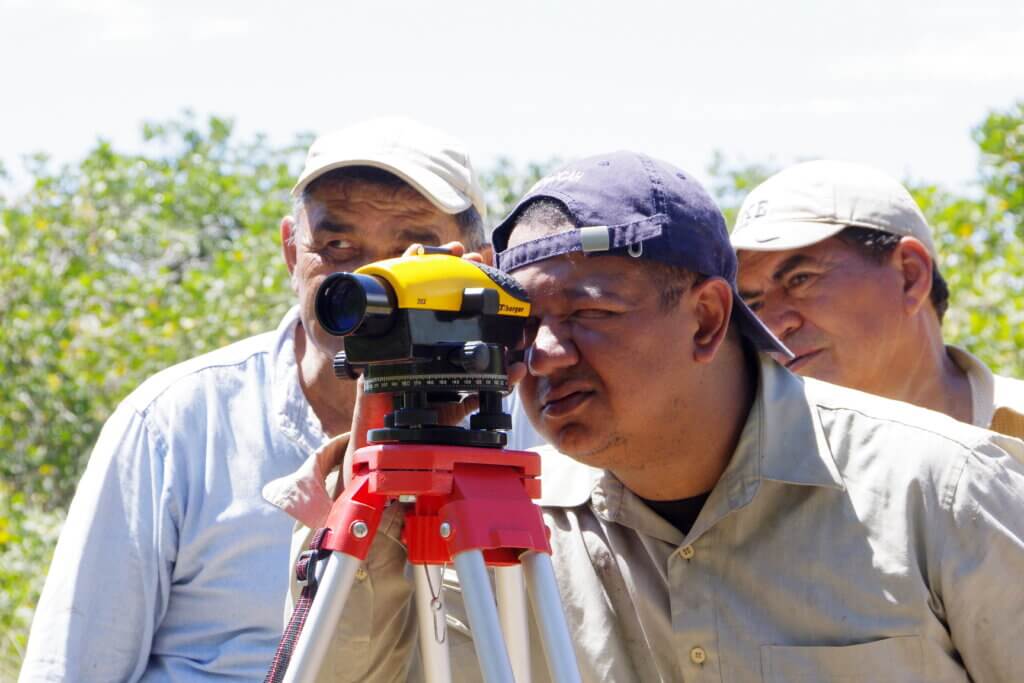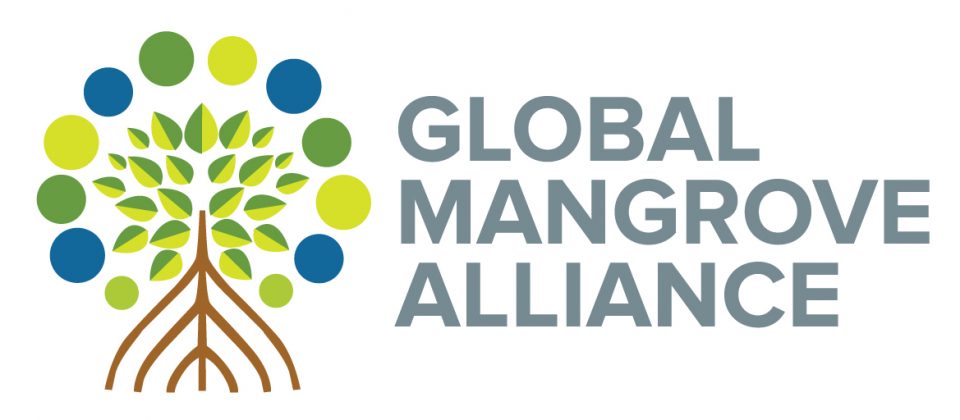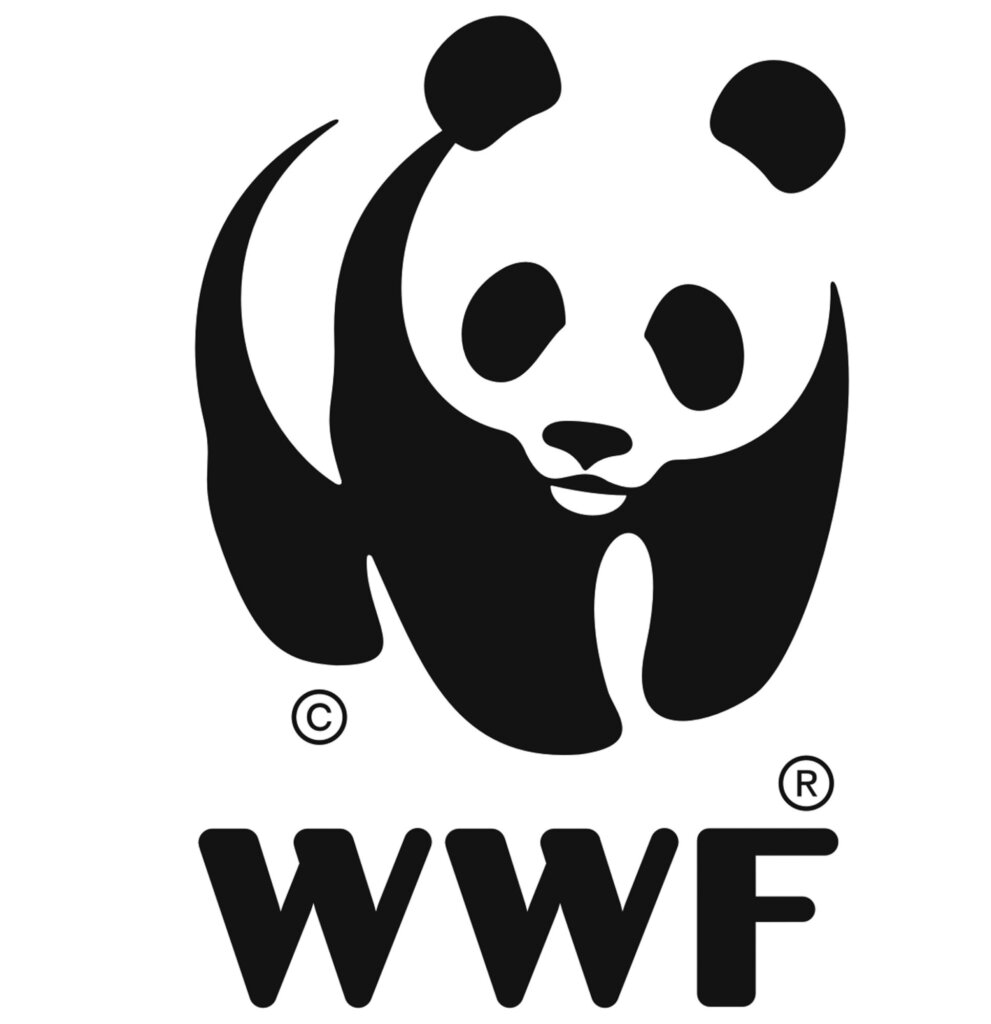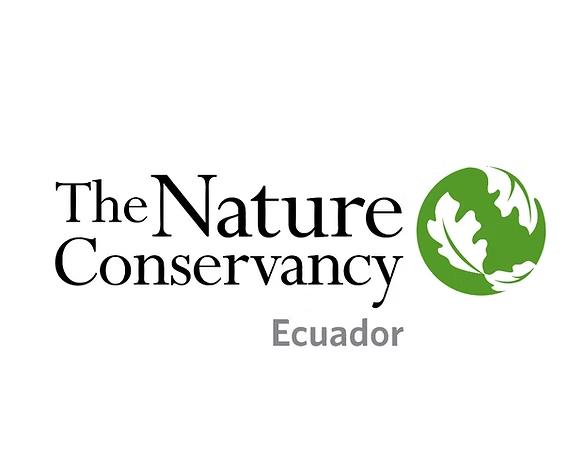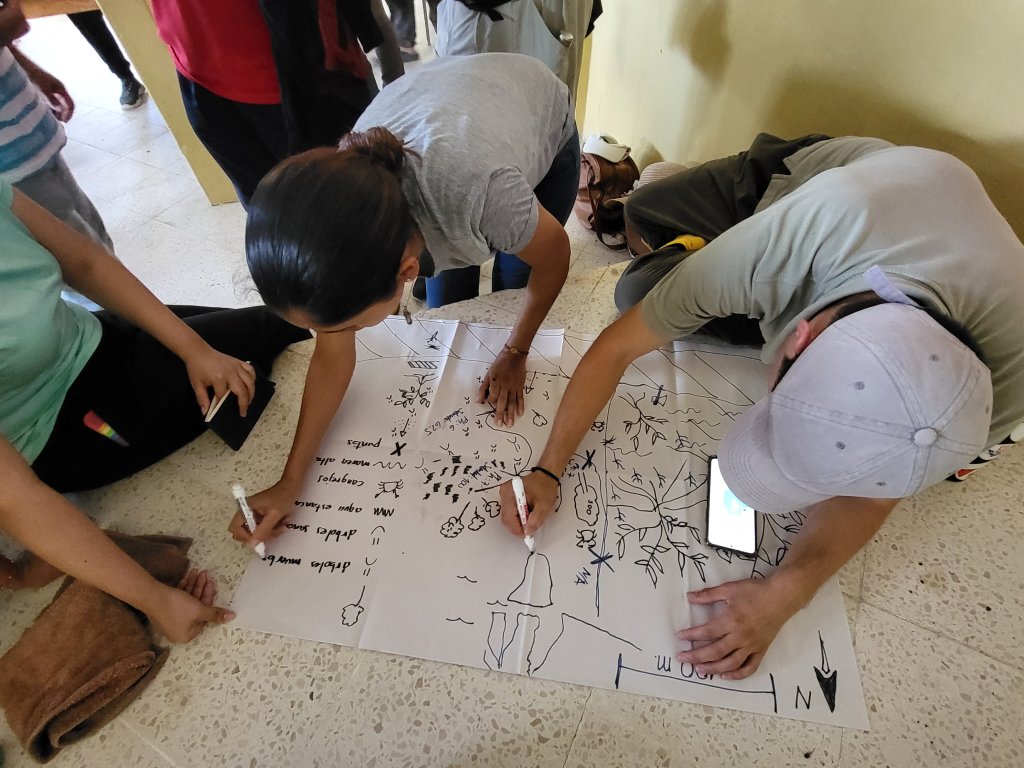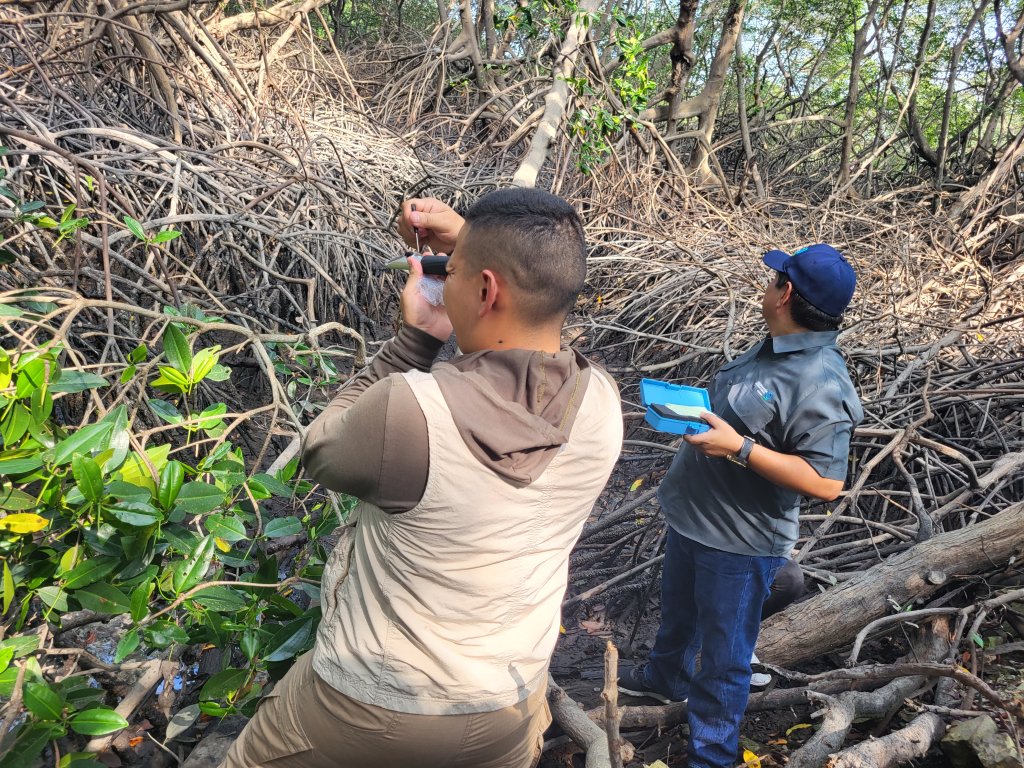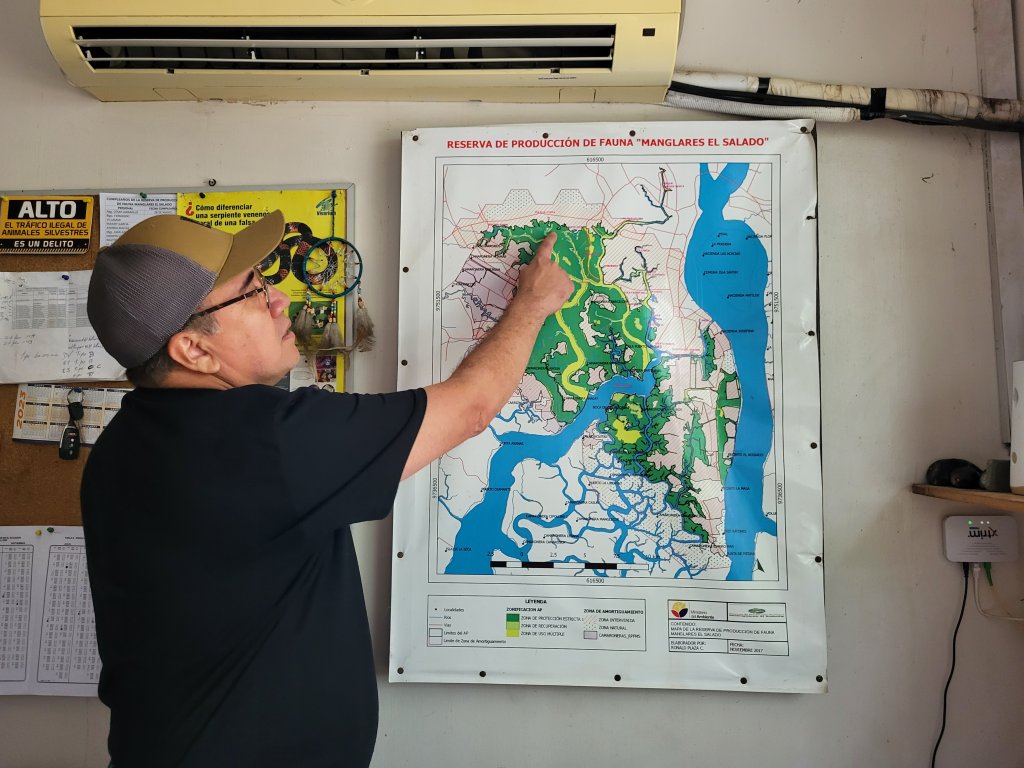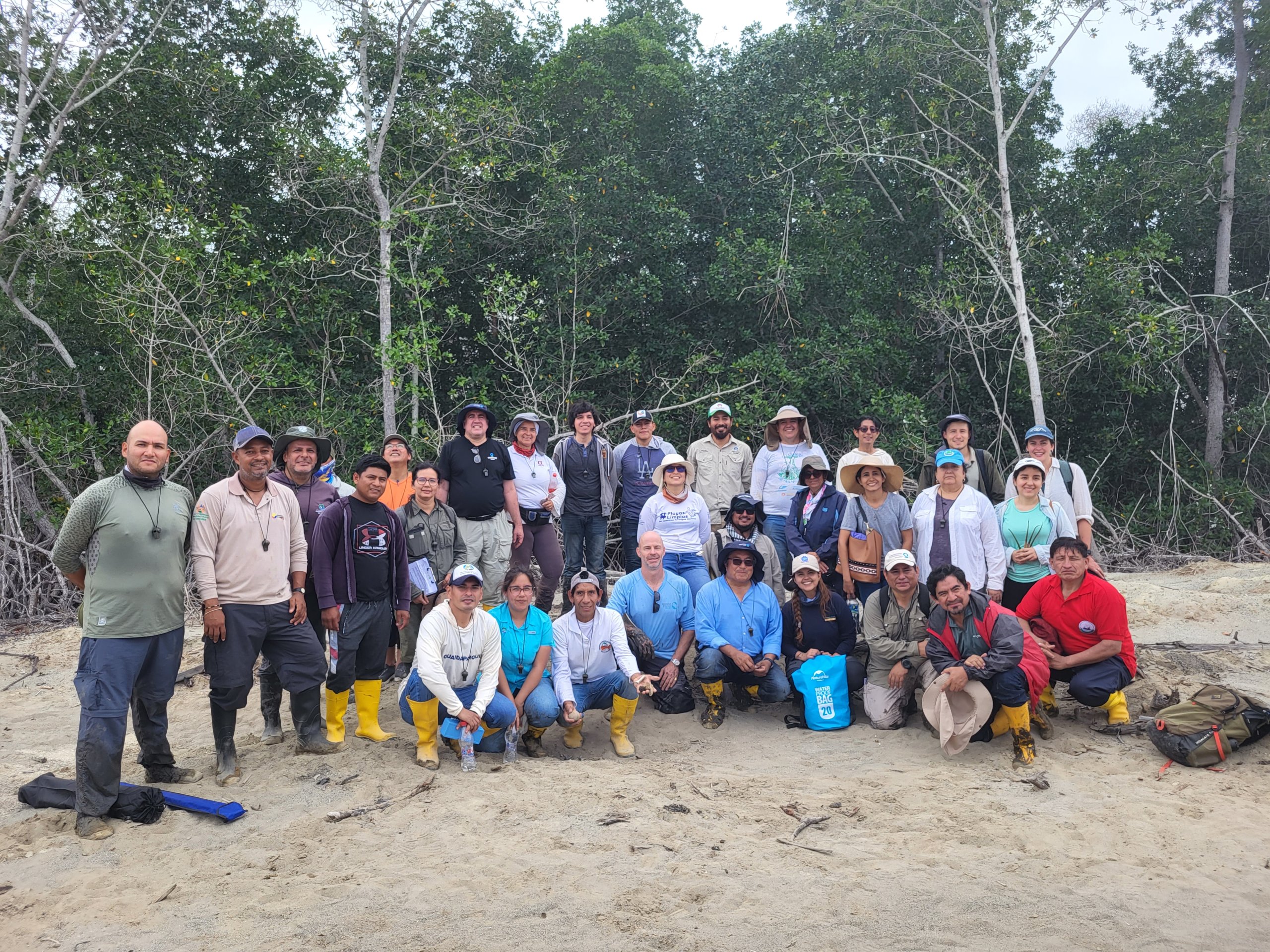
Enhancing Community-Led Restoration in the Gulf of Guayaquil
Location: Guayaquil, Ecuador
Date: August 2023
Goal: Train participants in the CBEMR approach to enhance mangrove restoration efforts in Guayaquil and across Ecuador
Partners

Presentations on mangrove restoration activities from participants in government, academia, and NGOs

Practical site assessment training at three field sites
Dedicated training sessions on social research and community/stakeholder engagement
What we did
Field trips to various sites provided hands-on experience in observing features of both healthy and degraded mangroves. Working in teams, participants collected environmental data, mapped sites, analysed biophysical and social conditions, and developed site-specific restoration plans.
By equipping participants with practical skills, ecological knowledge, and strategies for community engagement, the workshop empowers them to apply CBEMR principles to their own sites, contributing to more effective and sustainable mangrove restoration efforts across Ecuador.
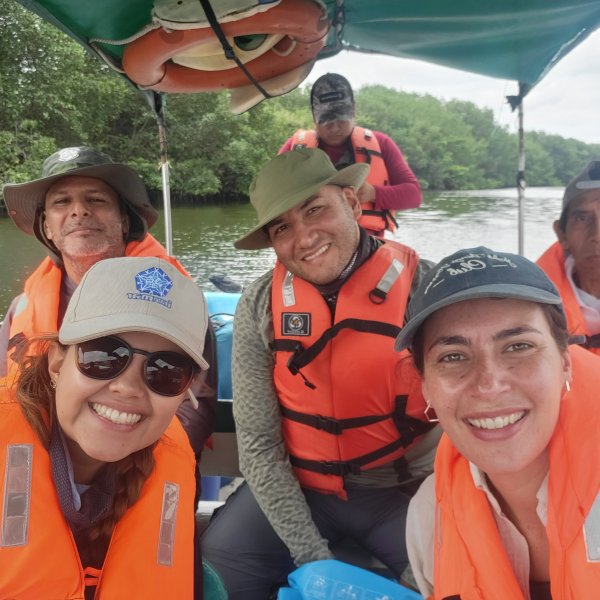
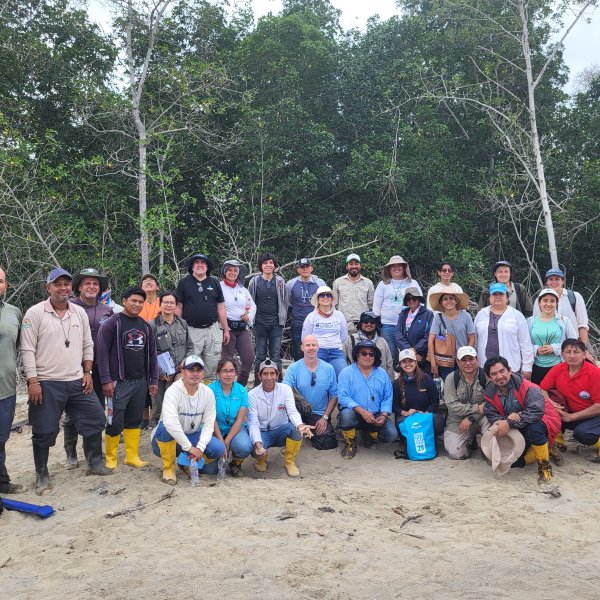
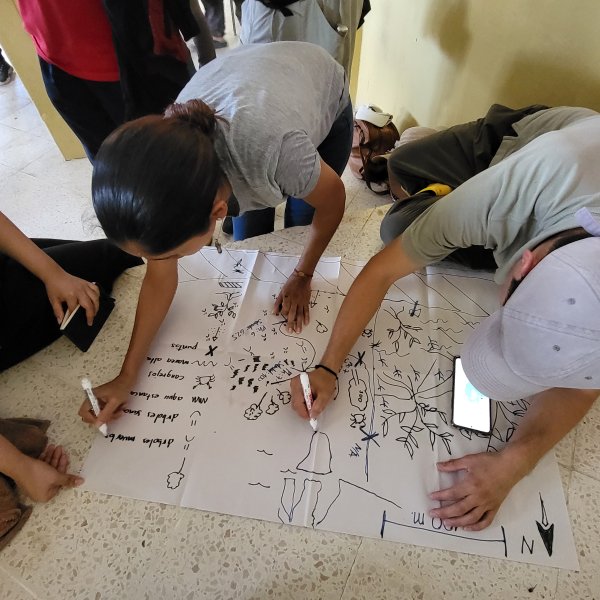
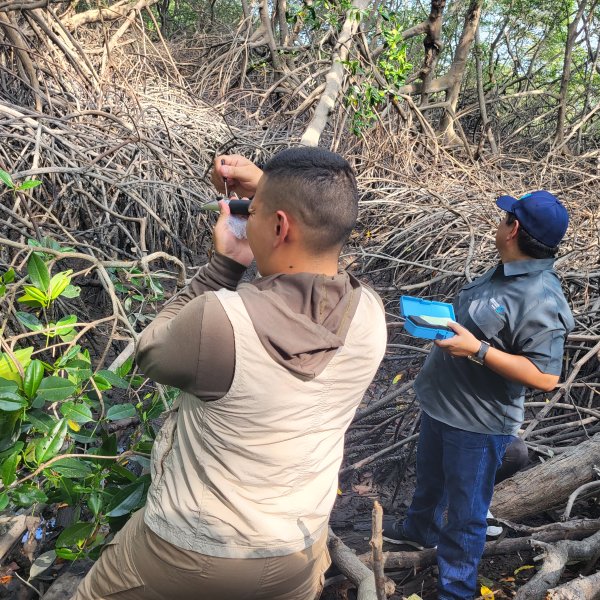
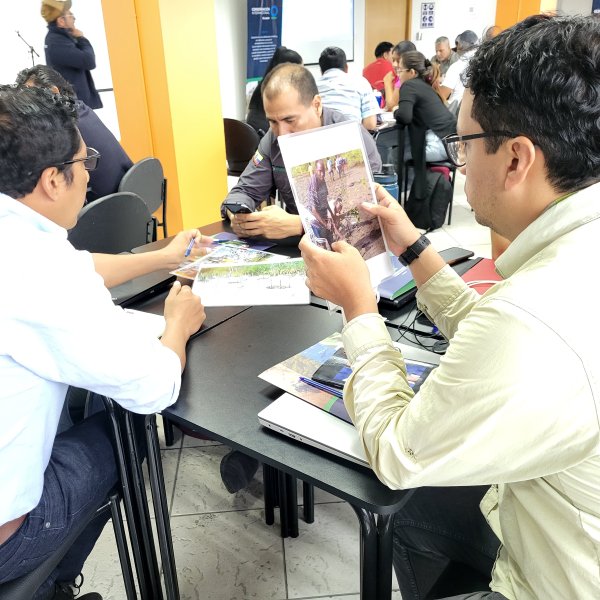
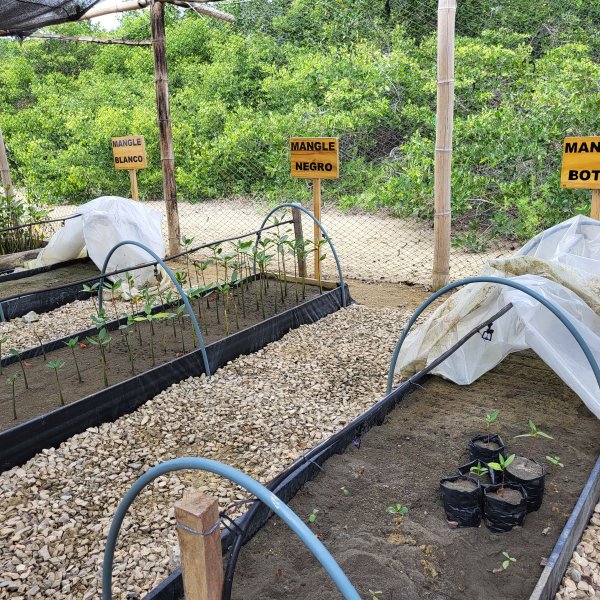
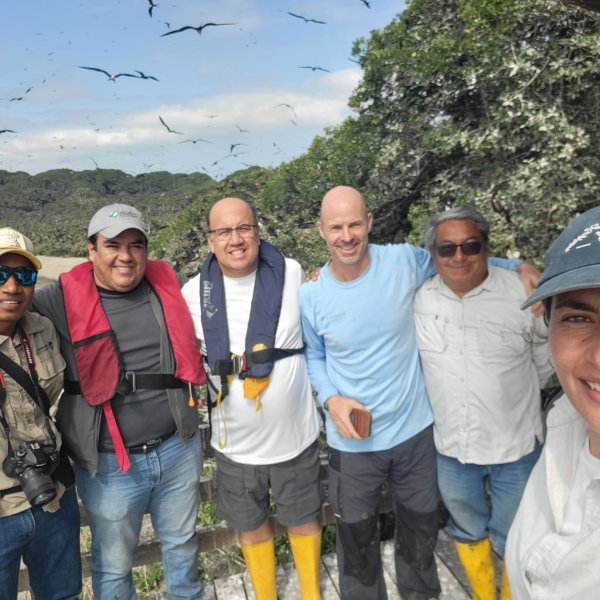
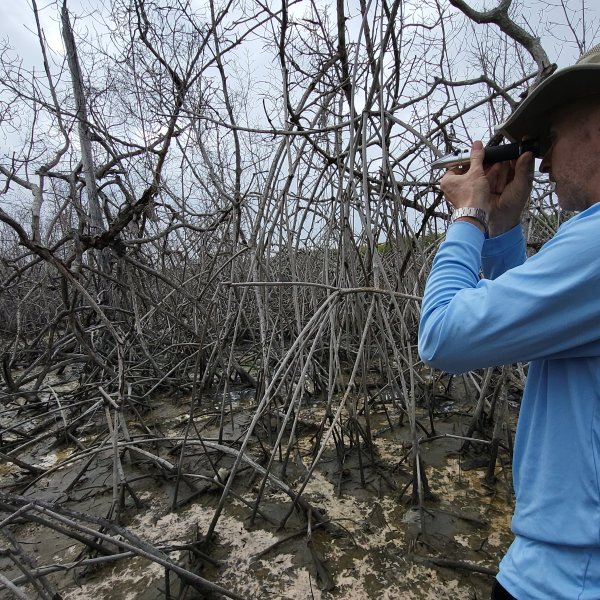
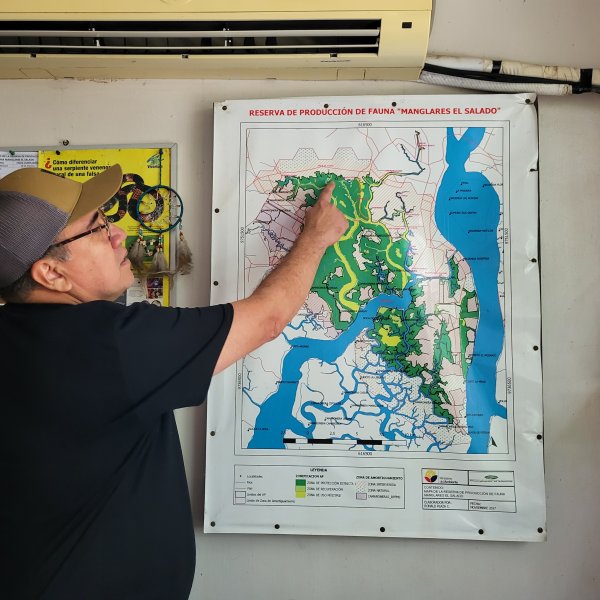
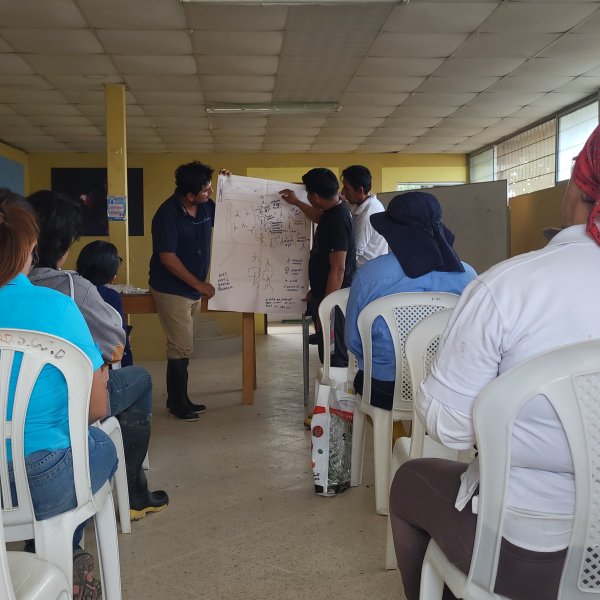
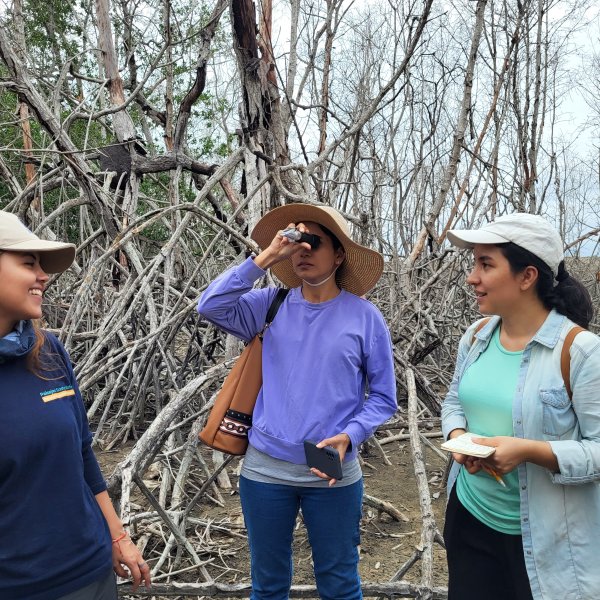
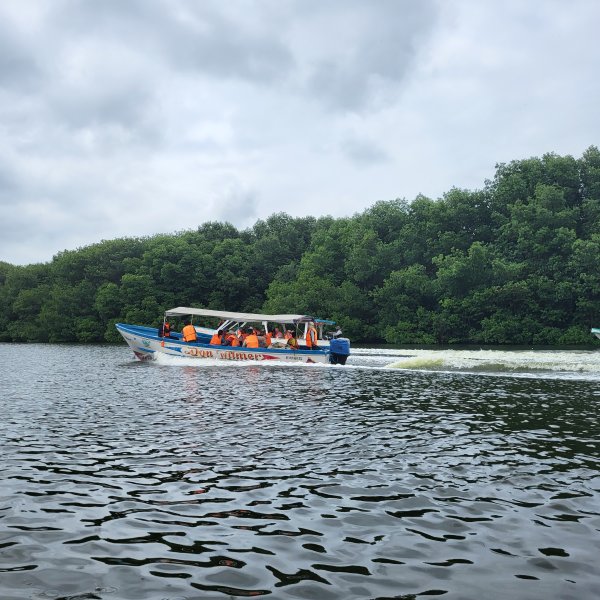
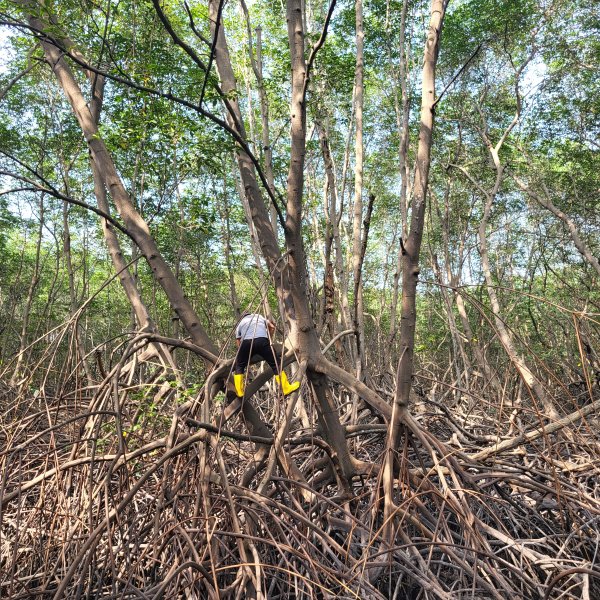
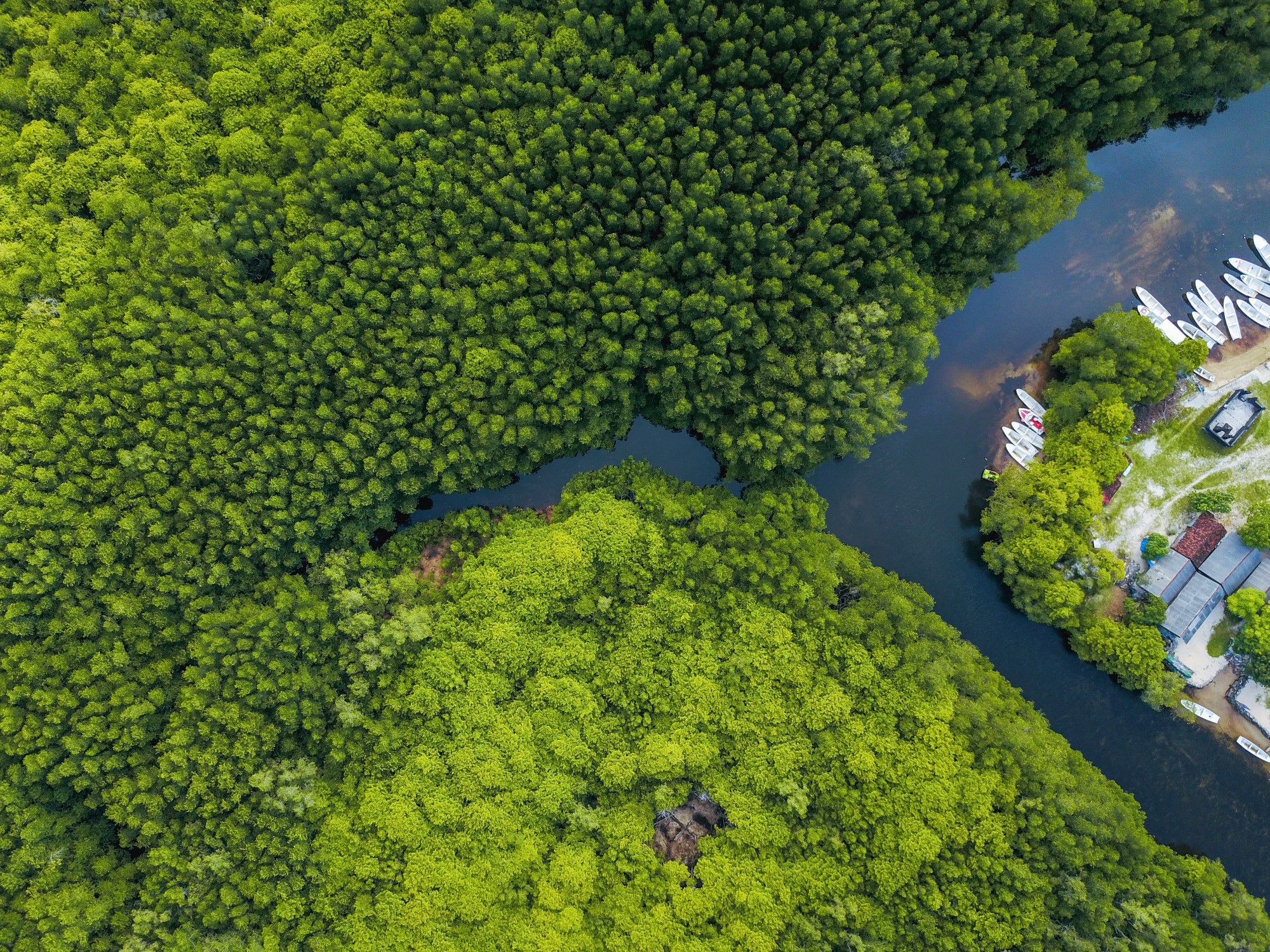
Interested in working with us?
Get in touch with us at dominic@mangroveactionproject.org
Related work
- Read more about Restoring vital ecosystems in Kenya
Restoring vital ecosystems in Kenya
Location: Kenya Timeline: 28th Feb - 21st March 2022 Goal: To share the knowledge and tools for restoring mangroves: a vital…
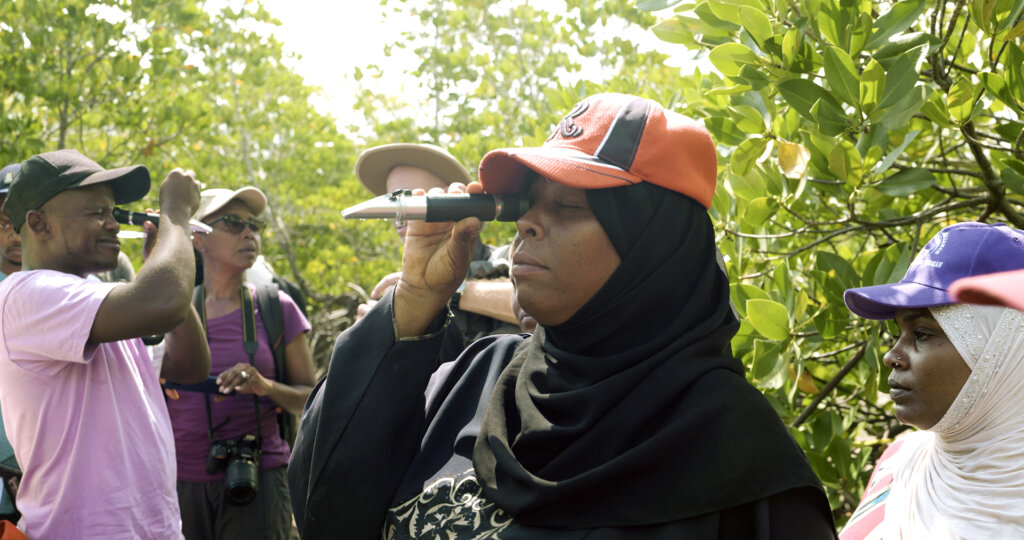
- Read more about Delivering mangrove restoration best practices in the Bahamas
Delivering mangrove restoration best practices in the Bahamas
Location: Bahamas Timeline: March - April 2023 Goal: To support local mangroves restoration efforts and implement best practices for future…
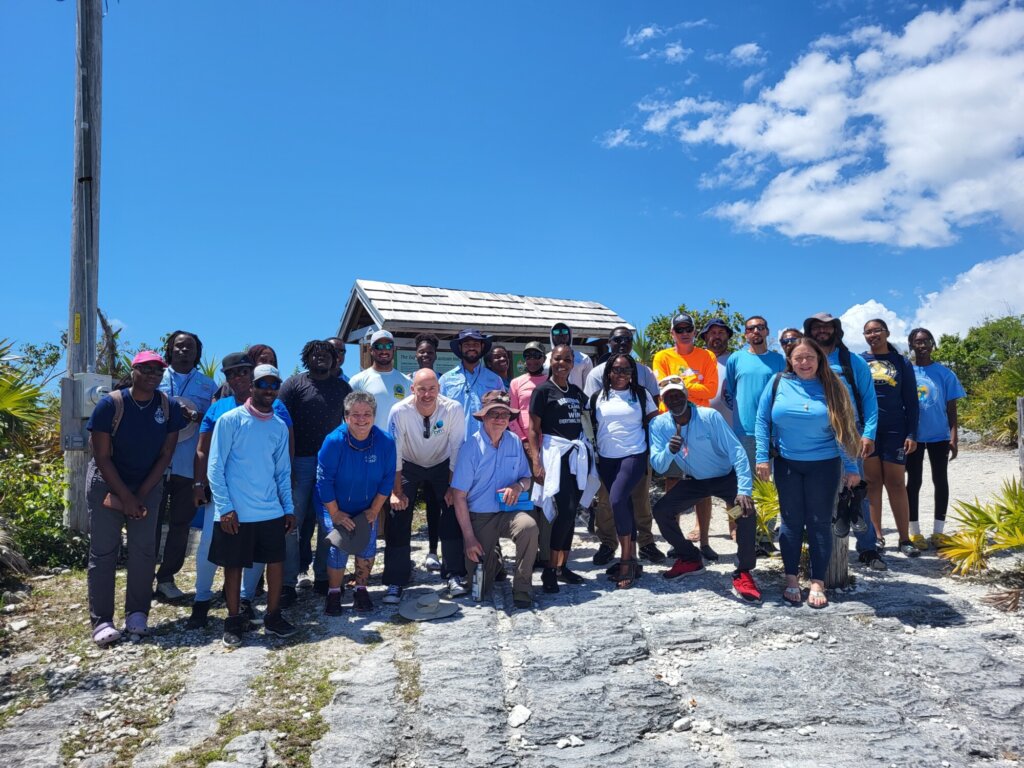
- Read more about Fostering a sustainable network in Honduras
Fostering a sustainable network in Honduras
Location: Honduras Timeline: February 2015 Goal: To work collaboratively with local officials to persuade local villagers and village leaders to reduce…
